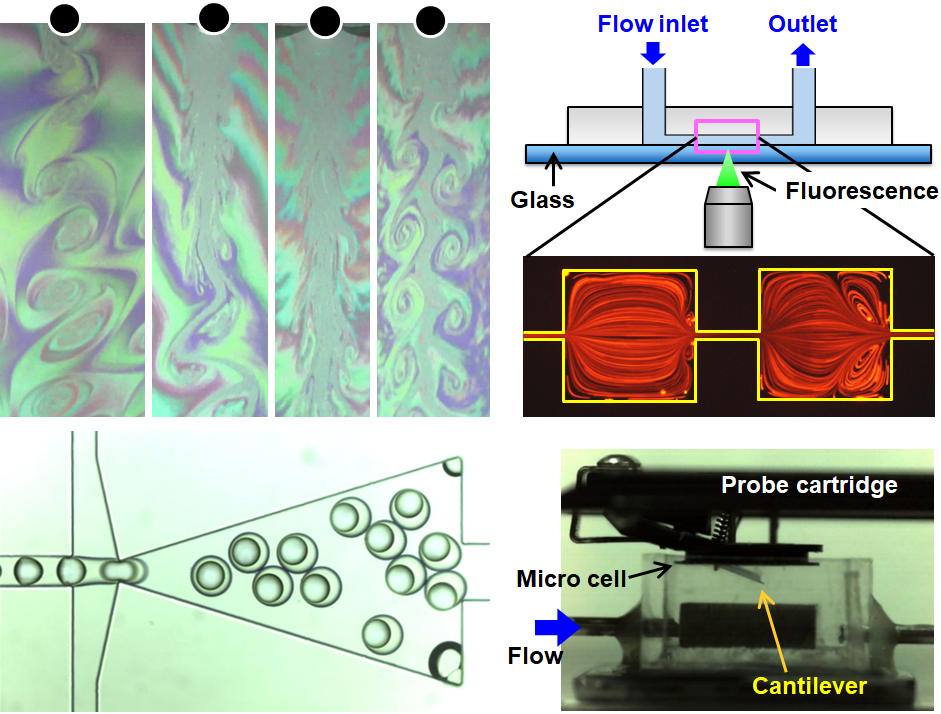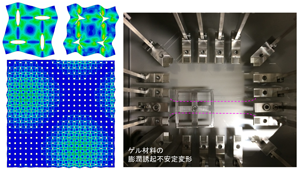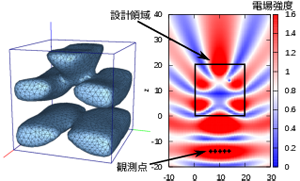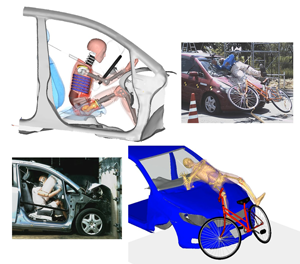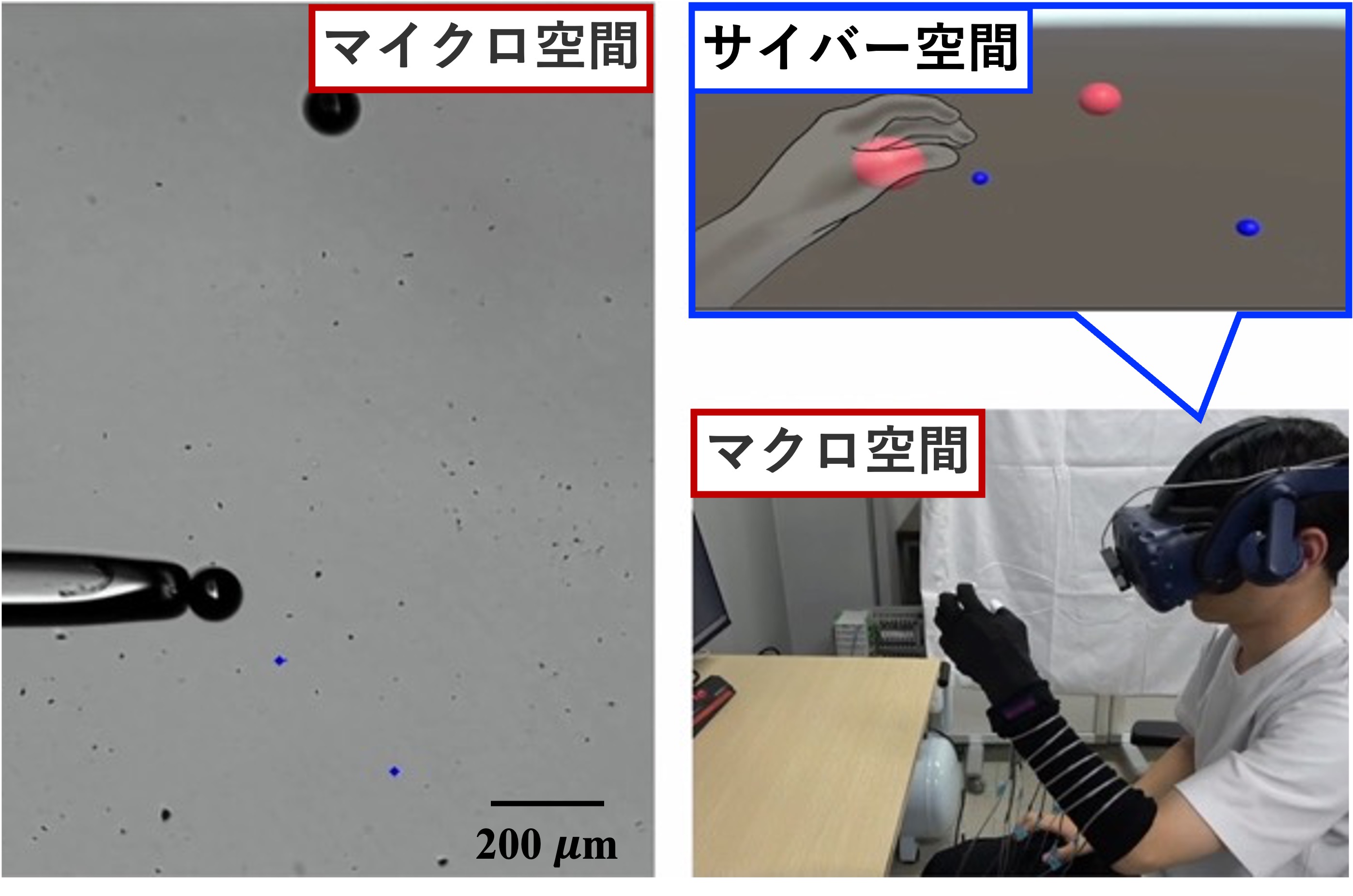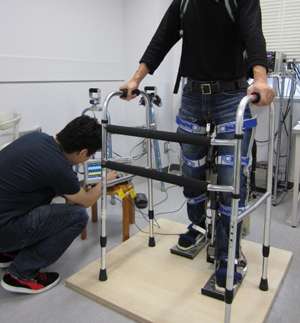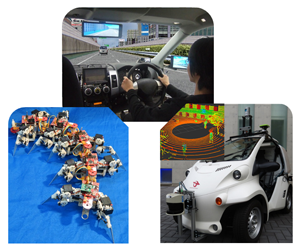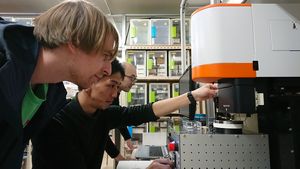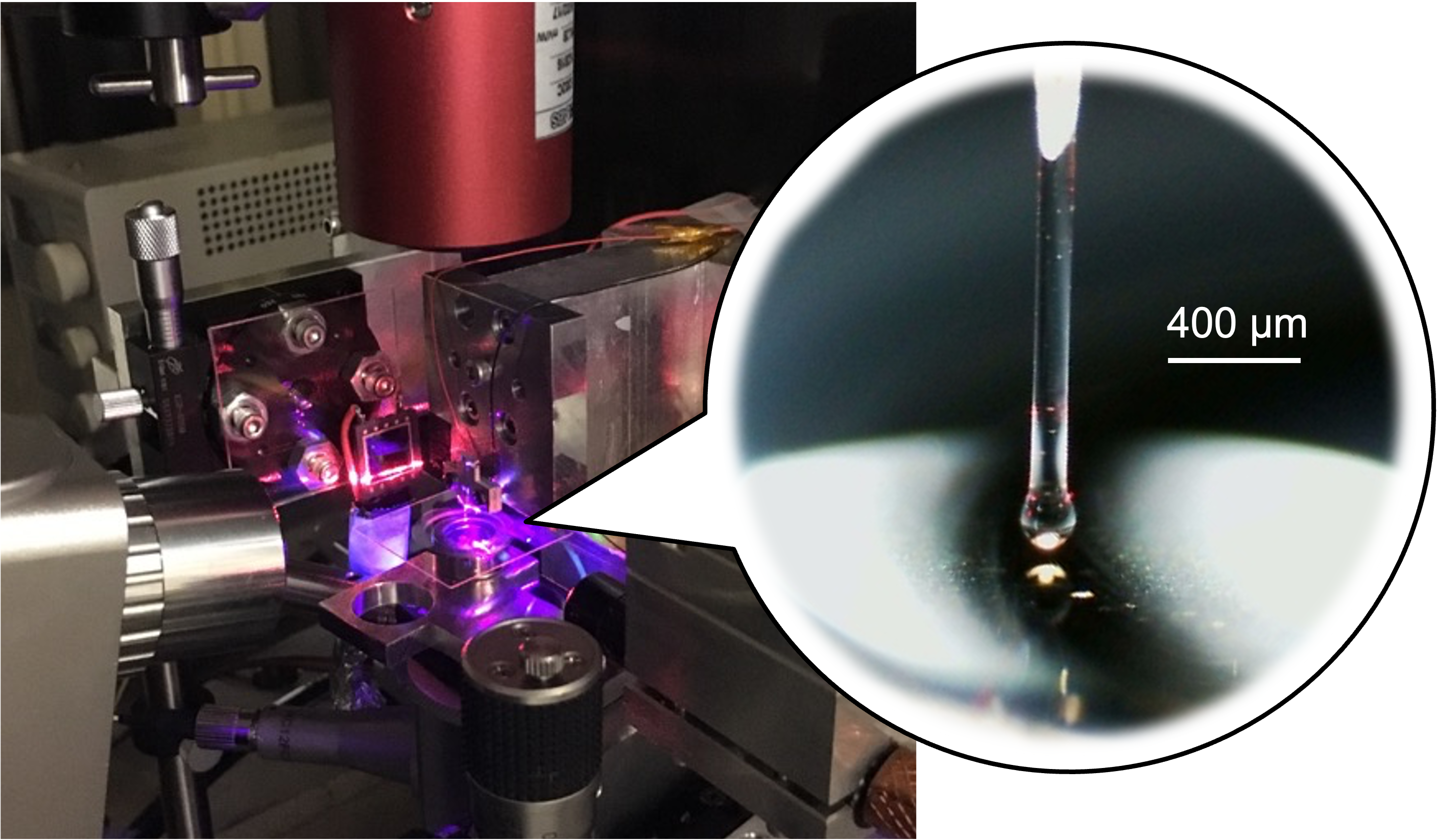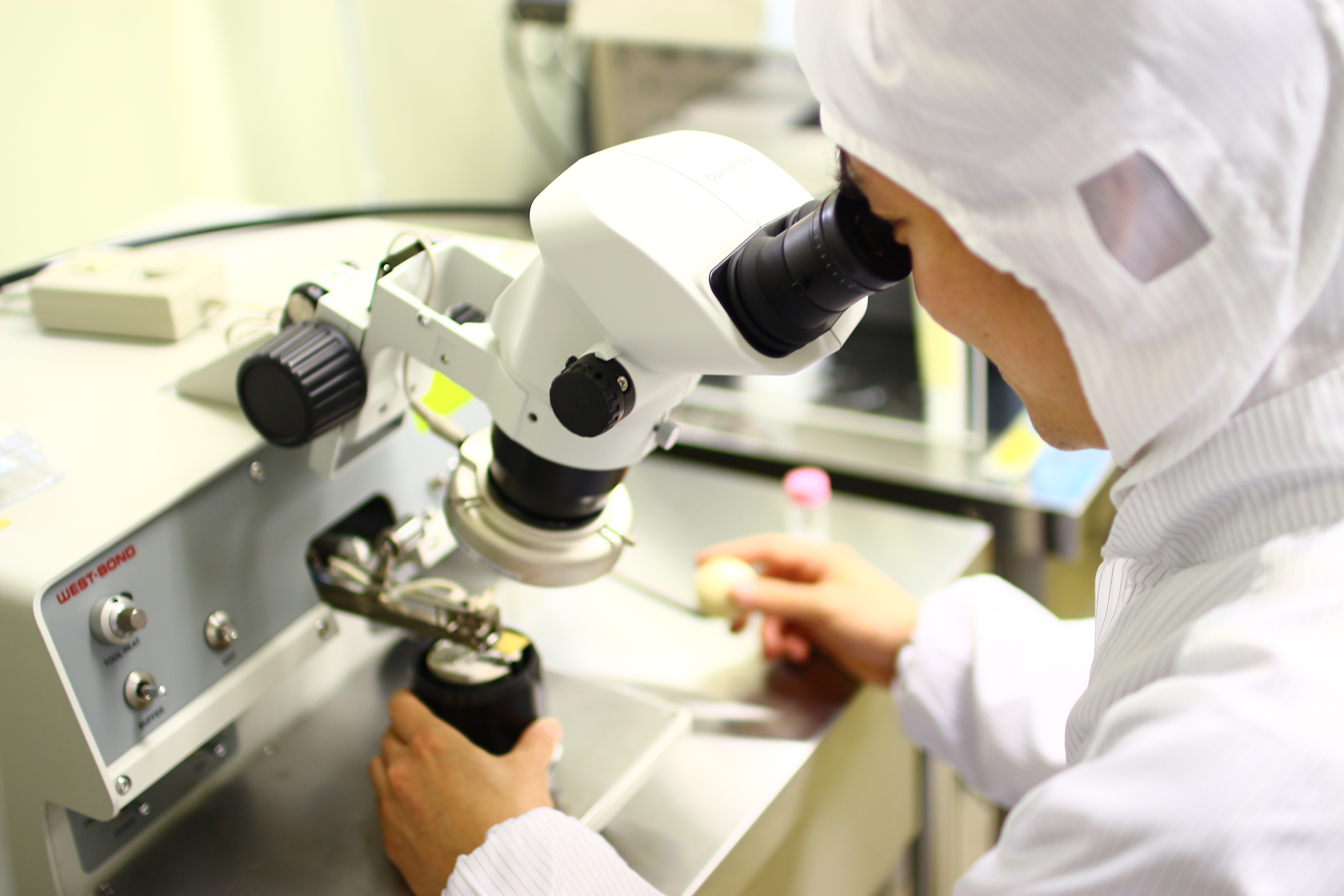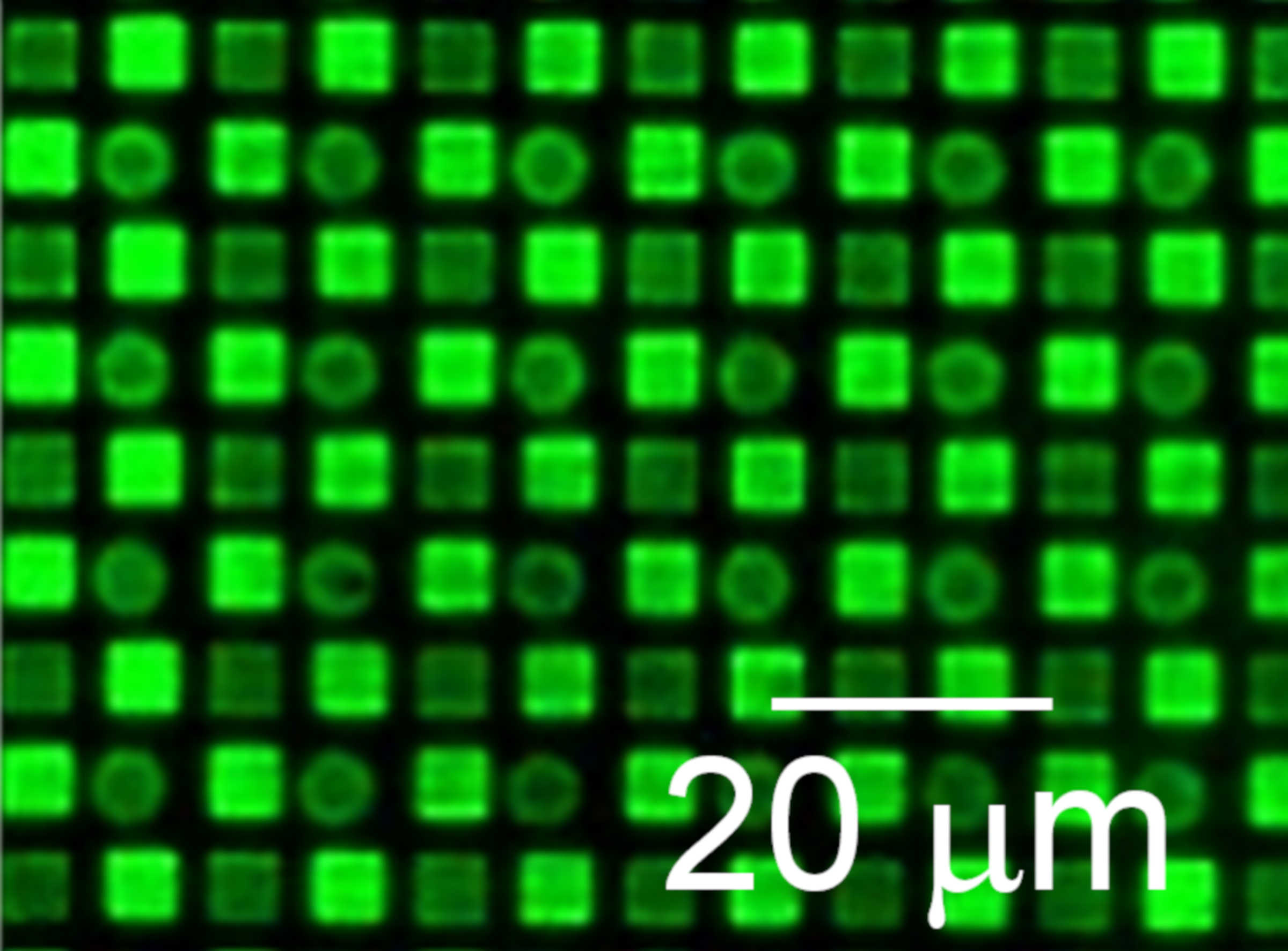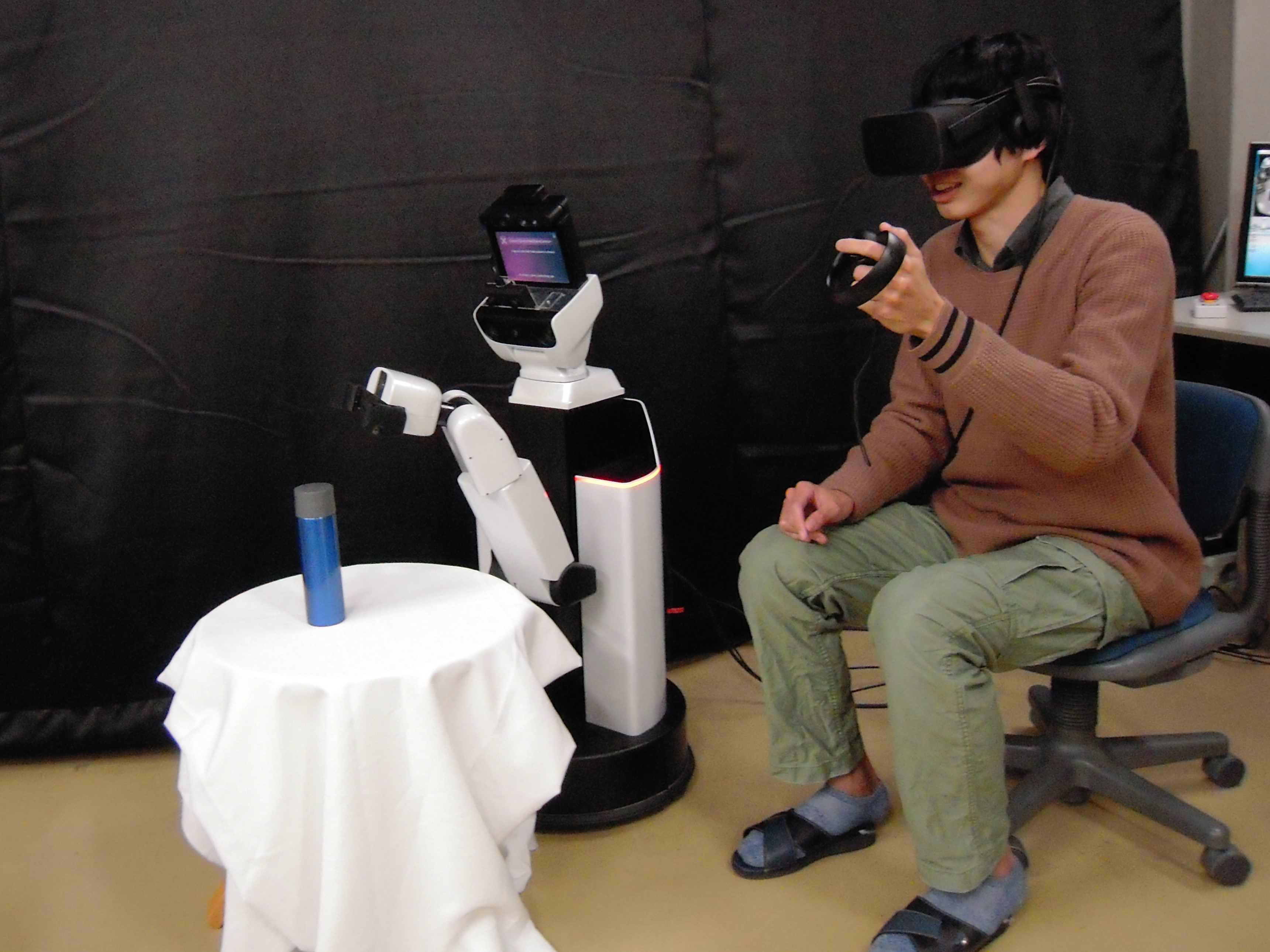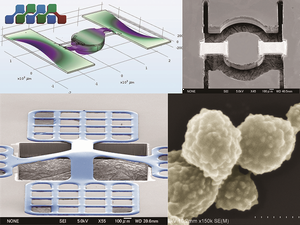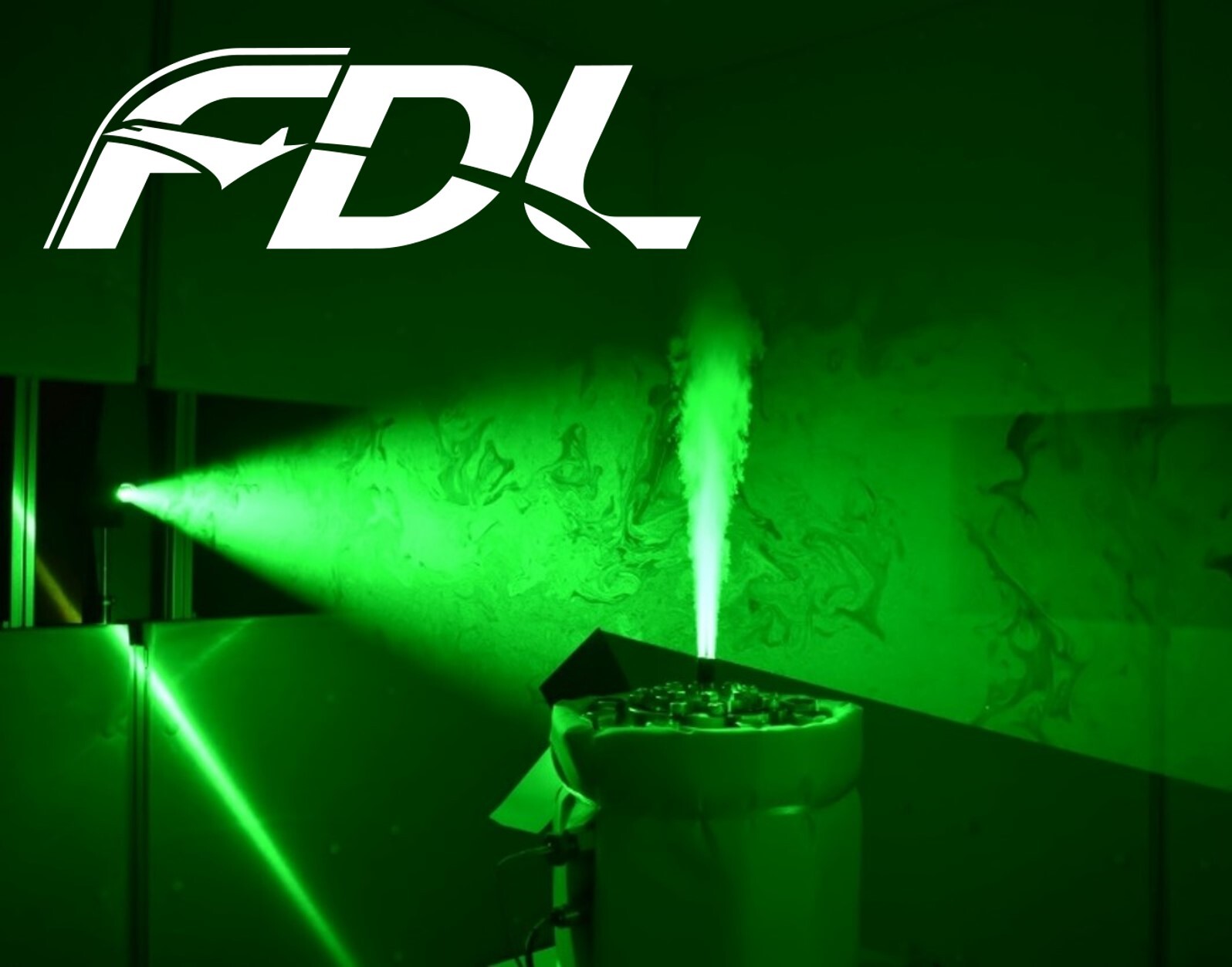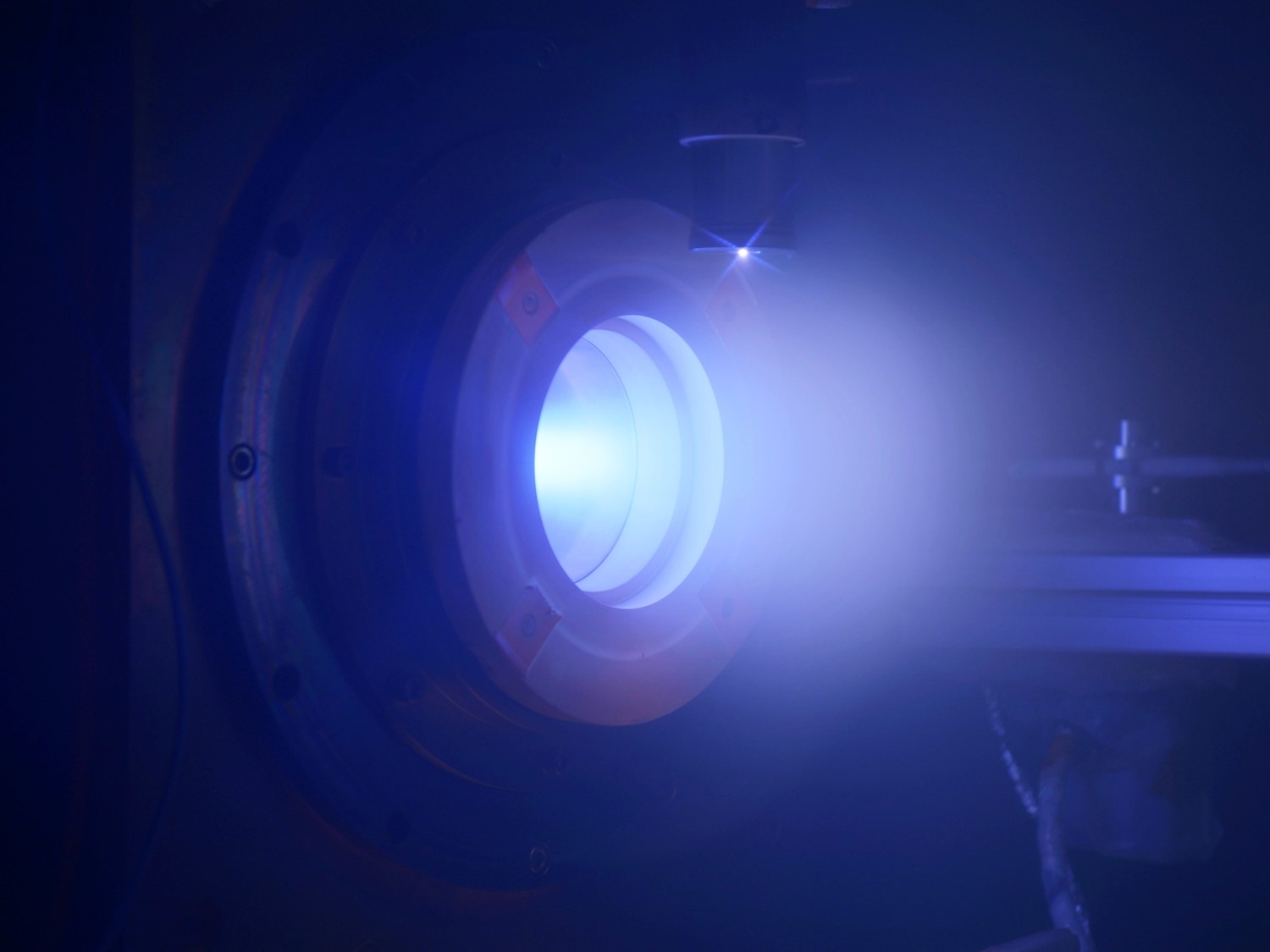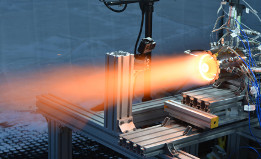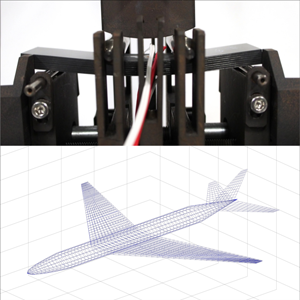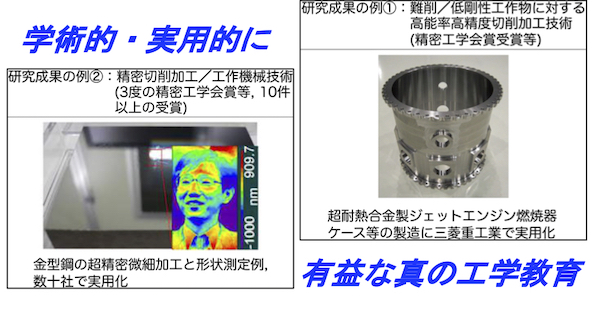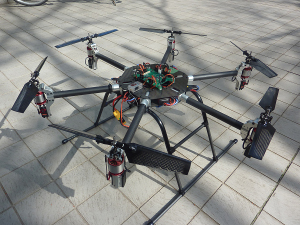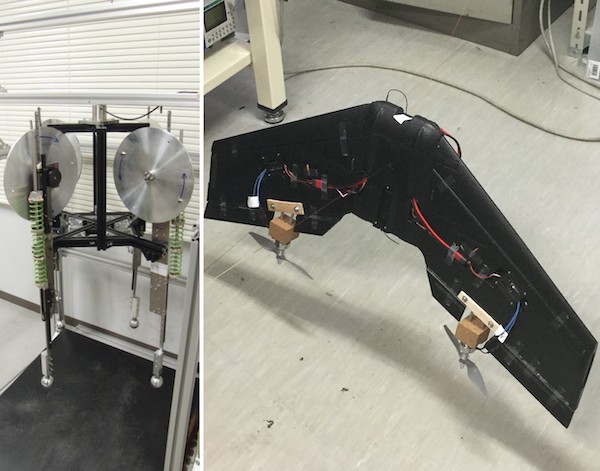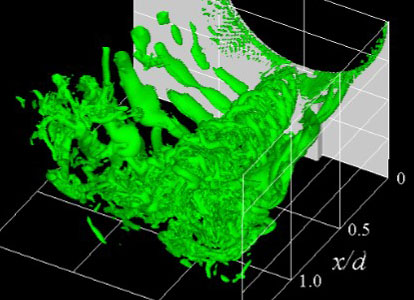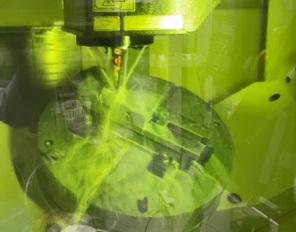Introduction to Laboratories in Department of Mechanical Systems Engineering
| Laboratories | Research Topics |
|
Thermal Control Engineering Professor: Hosei Nagano Assoc. Prof.: Kazuhiro Yamamoto Lecturer: Ai Ueno Assist. Prof.: Ryohei Fujita
|
The creation of next-generation thermal management technology based on advanced measurements Studies on multi-scale thermal-energy management for earth and space use, such as thermal, energy, and combustion systems for reducing the environmental loads, high-efficiency thermal control methods for next generation spacecraft, measurement and visualization techniques for flame structure in turbulent combustion, thermo-fluid behavior in porous structures, and thermophysical properties for advanced materials. |
|
Energy and Environmental Engineering Professor: Ichiro Naruse
|
Development of globally and locally ecological energy conversion technologies In order to establish sustainable society, energy conversion technologies play an important role. Under the present situation, however, huge amount of fossil fuels have been consumed to sustain the society. Therefore, CO2 and/or trace elements are emitted a lot. To minimize or keep their emissions, we have conducted development and essential research of ecological and high efficient energy conversion technologies especially for fossil fuels, wastes, biomass and so forth. |
|
Complex Fluids Engineering Professor: Ruri Hidema Assist. Prof.: Kohei Ohie
|
Clarifying and controlling the dynamics of complex fluids Rheology of complex fluids is one of the core research themes in our laboratory. Complex fluids are soft-matter and particle-laden liquids whose flow behavior can be highly non-linear—that is, their response is not simply proportional to the applied force. Such fluids are found everywhere, from everyday products and foods to a wide range of industrial materials, as well as within the human body (e.g., blood and tears). Our research spans both fundamental studies to elucidate the physics of complex-fluid flow and applied projects aimed at addressing real-world challenges by harnessing their unique properties. |
|
Biomechanics Professor: Takeo Matsumoto Assoc. Prof.: Eijiro Maeda
|
Multiscale elucidation of mechanical adaptation phenomena of biological tissues and its application to medicine and engineering There is growing evidence that biological tissues adapt to the mechanical environment in which they reside to maintain optimal state in mechanical point of view. We are studying these phenomena at multiscale levels from molecules to tissues both experimentally and numerically, and applying the obtained results to medicine and engineering. |
|
Solid Mechanics Professor: Dai Okumura Assoc. Prof.: So Nagashima Assist. Prof.: Yuta Kojima
|
Solid mechanical properties: nano, micro, macro We are interested in metals, composites, cellular solids and polymeric gels. We are studying the multiscale modeling of solids including microstructures and developing constitutive material models. |
|
Computational Mechanics Assoc. Prof.: Toru Takahashi
|
Advancement of numerical simulation and virtual engineering technology and their applications to design engineering Numerical simulation is a tool used to solve problems in science and engineering following the conventional theoretical and experimental methodologies. In the process of solving these problems by developing mechanical structures and making full use of highly advanced numerical simulation technologies, virtual engineering technology is developing rapidly. Our research group explores these virtual engineering technologies, advanced simulation technologies, and also advanced optimum design methodologies including topological design of mechanical structures and devices. |
|
Mechanical System Dynamics Professor: Tsuyoshi Inoue Assoc. Prof.: Akira Heya Assist. Prof.: Riko Ogawara
|
Modeling, analysis and control of nonlinear mechanical systems We focus on the dynamics of mechanical systems and mechatronic systems, particularly the areas of rotor dynamics, vibration control, smart structures and robotics. Our research includes nonlinear dynamics, multi-physics modeling, control engineering and flexible multibody dynamics for the mechanical systems. |
|
Vehicle Safety Engineering Professor: Koji Mizuno Assist. Prof.: Yuqing Zhao
|
Understanding of injury mechanisms and prevention of human injury during motor vehicle impact The kinematic responses and injury mechanisms of humans during motor vehicle impacts are investigated to improve safety in traffic accidents. The crashworthiness of vehicle structures, the restraint systems of occupants, and pedestrian protection in vehicle collisions are analyzed using computer simulations. Vehicle crash tests and sled tests are also conducted in cooperation with the government and automotive companies. The causes of accidents are analyzed and reconstructed based on accident data and video recorder data. Through these activities, we contribute to society to reduce the number of victims in traffic accidents. |
|
Assistive Robotics Professor: Tadayoshi Aoyama Assist. Prof.: Kenta Yokoe
|
Research and development of technologies that integrate humans, machines, and information, with applications in medicine, biology, and sports Based on robotics, intelligent media, and AI/machine learning, we are engaged in the research and development of human-machine cooperative systems and their applications in the fields of medicine, biology, and sports. Our research and education aim to eliminate the boundaries between "humans and machines" and "physical and cyber spaces," creating a future society where humans and technology are seamlessly integrated. |
|
Data-driven Systems Professor: Ichiro Takeuchi Assoc. Prof.: Kouichi Taji Assist. Prof.: Shion Takeno
|
Design and control of intelligent mechanical systems based on brain-like control mechanism A variety of human dexterous movements are controlled by excellent neural systems. Our research group aims at clarifying the control mechanism and learning function of brain neural systems. We also develop intelligent mechanical systems using control theory and optimization technique from the view point of computational modelling of the brain. |
|
Mobility System Professor: Tatsuya Suzuki Assoc. Prof.: Hiroyuki Okuda Assist. Prof.: Kohei Honda
|
Modeling, analysis, and control of mobility systems based on advanced system science Our research goal is to analyze and synthesize the mobility systems from viewpoint of 'Coexistence of intelligent machines and human society'. System control technology is one of the key backgrounds in my lab. Wide variety of research topics are addressed from social issues such as transportation and energy management to design of individual vehicles such as autonomous drive, driver support system, cooperative vehicle control, and so on. We undertake not only theoretical development to clarify the essence but also implementation on real systems for verification. In addition, collaboration with researchers in different academic field and/or industry is actively conducted by organizing several research projects. |
Introduction of Laboratories in Department of Micro-Nano Mechanical Science and Engineering
| Laboratories | Research Topics |
|
Advanced Manufacturing Process Professor: Noritsugu Umehara Assoc. prof.: Takayuki Tokoroyama
|
Creation and Evaluation of Function Surface for new generation machine systems Processing creates not only new shape but also new surface. Machine components have large surface area, which affects functionality. We develop unique technology to create specific function surface by removal machining, deforming and adhesion treatment method and evaluate the characteristics. |
|
Fluid Systems Engineering Professor: Shintaro Itoh
|
Innovation in mechanical systems driven by the evolution of fluids We aim to improve the performance of mechanical systems and create new technologies by understanding and controlling the behavior of fluids from the microscopic scale of molecules to the macroscopic scale of spacecraft. In addition to creating foundations for mechanical engineering, we are working on developing new interdisciplinary fields that fully utilize material development, information technology, and biotechnology. |
|
Sensing Engineering Professor: Kenji Fukuzawa Assist. prof.: Naoki Azuma
|
Nanometrology and Intelligent Sensing for Micro-Nano Mechatronics We aim to quantify nanoscale phenomena and establish a design theory for micro-nano mechatronics such as micro-nano machines, information equipments, and bio sensing / manipulation devices. Our research projects involve development of original micro-nano measurement methods, bio sensing and manipulation, intelligent sensing for robotics, and computer simulation at the molecular level, and so on. |
|
Biocybernetics Professor: Takayuki Hoshino Assoc. prof.: Hisataka Maruyama Assist. prof.: Daigo Natsuhara
|
Robotics Based on MEMS and Nanotechnology for Biomedical Innovation Research and education on functional units for the future intelligent systems from micro and nano-scale. System integration based on MEMS and nanotechnology. The system design is based on physical and chemical phenomena in micro and nano domain and bio-mimetic approach. Our objective is to improve the QOL (Quality of Life) by the application of robotics and micro-nano technologies to biomedicine. |
|
Intelligent Robotics and Biomechatronics Professor: Yasuhisa Hasegawa Assist. prof.: Masaru Takeuchi
|
Intelligent robotic systems for human support and micro/nano mechatronics Our focus is on the development of advanced intelligent robotic systems that support human activities and tasks such as locomotion and manipulation and innovative integrated micro/nano mechatronics technologies synthesizing measurement, manufacturing and assembly with the aim of their application to bio-medical and welfare domains. Through these investigations, our research and education covers the state-of-the-art robotic technologies in the challenging filed of human-robot cooperation and integration. |
|
MEMS and Micro-Nano Machining Professor: Seiichi Hata Assist. prof.: Chiemi Oka
|
MEMS, Micro/Nano Mechatronics and Micromachining Our group is researching micromachining technology using new principle or new method, combinatorial technology for development of new material for MEMS and micromachine, and material evaluation technology. Furthermore, microsensors, microactuators, and application systems for medical and industrial field are also being studied as applications of these technologies. We aim to create new micro/nano materials and processing methods and industries. |
Introduction of Laboratories in Department of Aerospace Engineering
| Laboratories | Research Topics |
|
Fluid Dynamics Professor: Taku Nonomura Assist. prof.: Takayuki Nagata
|
Comprehension and control of complex flows in aerospace engineering We conduct a wide range of research, from basic to applied, on various fluid dynamics problems related to aerospace engineering, using wind tunnel experiments, numerical analysis, and data-driven science. |
|
Shock Wave and Space Propulsion Professor: Akihiro Sasoh Assoc. prof.: Kiyoshi Kinefuchi
|
Understanding physics of shock waves and plasma flows for applying supersonic flight and space propulsion applications We aim at innovations in shock-wave-applications, supersonic flight, and space propulsion by understanding the dynamics of complex supersonic and plasma flows. We are capable of worldwide recognized researches in this field thanks to in-house facilities such as one rectangular-bore-core-aero-ballistic range, two counter-driver shock tubes, and several electrostatic thrusters. |
|
Propulsion and Energy Systems Engineering Professor: Jiro Kasahara Assoc. prof.: Ken Matsuoka Assist. prof.: Noboru Itouyama
|
Research on next generation’s aerospace propulsion/detonation engine The Propulsion and Energy Systems Engineering Research Group studies next generation’s rocket and jet engines on the basis of reacting hypersonic flow dynamics. Our primary focus is on fundamental and applied studies on detonation phenomena including flight demonstration of detonation engines. |
|
Structural Mechanics Professor: Masahiro Arai Assoc. prof.: Keita Goto Assist. prof.: Mikiyasu Hashimoto
|
Creation of innovative material and structural systems and development of advanced evaluation methods Our research group aims at creation of advanced materials and structures in aerospace fields investigating advanced molding processes of CFRPs (VaRTM, AFP, etc.), strength and fatigue properties, and smart structures. |
|
Production Engineering Professor: Eiji Shamoto Assoc. prof.: Takehiro Hayasaka Assist. prof.: Kyungki Lee
|
Recent advances in precise/micro/high-efficiency machining and clarification of machining phenomena Since industrial parts are machined directly from the raw material in the mechanical (especially aerospace) industries, the growth of industries cannot be expected without the advancement of machining technology. Therefore, researches such as analysis of cutting process and clarification/suppression of undesirable phenomena are ongoing, with many of the research achievements already applied into the real industrial manufacturing. |
|
Aerospace Vehicle Dynamics Professor: Shigeru Sunada Assoc. prof.: Takaya Inamori
|
Aircraft and spacecraft systems that can be achieved through the use of advanced technologies Nowadays, the advances of mems technologies enables the achievement of novel concepts and ideas in aircraft and spacecraft. This research group studies new ways to improve the performance of small aerospace vehicles based on the analysis of vehicle dynamics. |
|
Control Systems Engineering Professor: Susumu Hara Assoc. prof.: Daisuke Tsubakino Assist. prof.: Yasuo Sasaki
|
Development and realization of advanced control methodologies for aerospace systems |
Cooperating course/Endowed course
| Laboratories | Research Topics |
|
Transport Phenomena Professor: Yasumasa Ito
|
Researches on turbulent transport phenomena and related We investigate a wide variety of turbulent transport phenomena and related through laboratory experiments and computer simulations. It is also aimed at controlling such phenomena and developing fluid machinery. Besides, we tackle on interdisciplinary researches such as biofluidics and batteries. In terms of facility, we own several wind tunnels and water tanks, and state-of-the-art in-house measurement devices. We also have access to supercomputers for high-performance computing. |
|
Advanced Composite Material Professor: Akinori Yoshimura Asisst. Prof.: Yuki Fujita
|
Advanced composite materials and structures for future mobility systems We develop advanced composite materials and innovative structures for automobiles and aerospace vehicles. In order to achieve reduced environmental pollution, energy efficiency of mobility system must be dramatically improved. In the structure and material aspects, materials and structure those combine performance and environmental friendliness are necessary. We tackle this challenging issue by increased application of advanced composite materials and development of environment-friendly composite materials. We investigate mechanics of composite materials and structure by both experiments and advanced numerical analyses, and we develop novel materials, also. |
|
Okuma Machine Tool Engineering Professor: Ryuta Sato Assist. Prof.: Seiichi Uto
|
Leading edge researches on machine tool engineering and its applications Machine tools are important industrial facilities to generate precise forms mainly for metal parts and the machine tools play key role in the industrial fields. Our laboratory aims to enhance machine tool technologies to improve quality and productivity of industrial products. It will contribute to the realization of a more prosperous and sustainable society. Our main research activities are as follows: |
*Please convert '@m' to '@mae.nagoya-u.ac.jp', '@n' to '@nuae.nagoya-u.ac.jp', and '@f' to '@f.mail.nagoya-u.ac.jp'.



